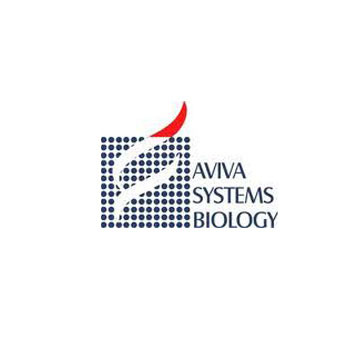The thyroid hormones, thyroxine (T4) and 3, 5, 3� triiodothyronine (T3) circulate in the bloodstream mostly bound to the plasma protein, thyroxine binding globulin (TBG).1 The concentration of T3 is much less than that of T4, but its metabolic potency is much greater.2,3 These as well as other hormones are produced by the thyroid gland, situated at the level of the thyroid cartilage on either side of the larynx. The thyroid gland and associated hormones are a major component of the endocrine system. They exert powerful and essential regulatory influences on growth, differentiation, cellular metabolism, and general hormonal balance of the body, as well as on the maintenance of metabolic activity and the development of the skeletal and organ systems.
T3, T4 and TSH determination are important factors in thyroid disease research. T3 determination is useful in monitoring both samples under treatment for hyperthyroidism, and samples who have discontinued anti-thyroid drug therapy. It is especially valuable in distinguishing between euthyroid and hyperthyroid subjects.4
T3 measurement has uncovered a variant of hyperthyroidism in thyrotoxic samples with elevated T3 values and normal T4 values.5 Likewise, an increase in T3 without an increase in T4 is frequently a forerunner of recurrent thyrotoxicosis in previously treated samples. In addition to hyperthyroidism, T3 levels are elevated in specimen who are pregnant, and in specimen receiving oral contraceptives or estrogen treatment.
The significance of T3 is also evident in samples where euthyroidism is attributable only to normal T3, although their T4 values are subnormal.6
Enzyme Immunoassay for the Quantitative Determination of Triiodothyronine (T3) in Human Serum
Principle of the assay: In the Aviva T3 EIA, a second antibody (goat anti-mouse IgG) is coated on a microtiter wells. A measured amount of sample serum, a certain amount of mouse monoclonal Anti-T3 antibody, and a constant amount of T3 conjugated with horseradish peroxidase are added to the microtiter wells. During incubation, the mouse anti-T3 antibody is bound to the second antibody on the wells. T3 and the enzyme conjugated-T3 compete for the limited binding sites on the anti-T3 antibody. After a 60 minute incubation at room temperature, the wells are washed 5 times by water to remove unbound T3 conjugate. A solution of TMB is then added and incubated for 20 minutes at room temperature, resulting in the development of a blue color. The color development is stopped with the addition of 1N HCl, and the absorbance is measured spectrophotometrically at 450 nm. The intensity of the color formed is proportional to the amount of enzyme present, and is inversely related to the amount of unlabeled T3 standards assayed in the same way. The concentration of T3 in the unknown sample is then calculated.7-11

 Products
Products  TRIiodothyronine (T3) ENZYME IMMUNOASSAY TEST KIT (96 Wells)
TRIiodothyronine (T3) ENZYME IMMUNOASSAY TEST KIT (96 Wells)
